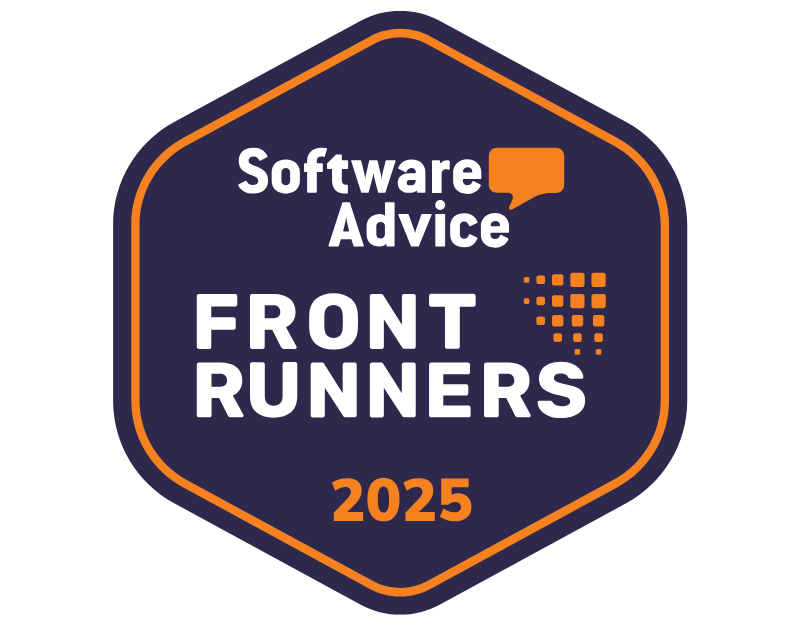Deduction Management Challenges
Although your collections team may have successfully managed them in the past, your business may face more deduction management challenges as your customer base grows and your deduction management responsibilities increase.
- The process is inefficient. Validating the disputes and complaints of customers is one of the most time-consuming processes in the A/R department. It involves validating disputes, verifying information communicated on invoices and understanding the details involved in the different types of deductions. The longer your business waits to collect invoices, the harder it is to collect.
- The process isn’t standardized and streamlined. As companies grow and process deductions from hundreds or even thousands of companies, scaling deductions becomes next to impossible. A standardized approach automatically tracks, validates the disputed claim and classifies disputes according to different customer behaviors to improve its response to similar claims made in the future.
- It slows your cash flow. Invoice errors, poor product quality, and the inability to collaborate between teams all impact your Days Deductions Outstanding (DDO), a metric that reflects your company’s ability to resolve disputes quickly and effectively.
- It damages your brand. When customer complaints are not dealt with in a timely fashion and dispute resolution is inefficient, customers have a bad experience with your brand. A positive customer experience during the dispute process can result in customers more loyal to the brand than before.
Deduction Management Best Practices
Since deduction management can be complex and consume a company’s time and resources, many turn to A/R invoice-to-cash management platforms to help them adopt deduction management best practices.
These include:
- Tracking deductions using KPIs and performance metrics. Your business should carefully monitor metrics such as DDO, deduction volume and deduction resolution time on a regular basis to identify any bottlenecks and proactively implement more effective methods for dealing with similar types of deductions in the future.
- Clearly defining workflows. Your deduction management policy should include which strategy to pursue for different types of customer deductions to speed up the response time. For example, customers that make earned deductions (e.g. they are eligible for a discount based on purchases) might receive a different template than those who make claims of a product’s poor quality or non-delivery.
- Having a centralized place for the deductions and related information. Your deduction management software should allow your collection team to search and filter different invoices according to reason for disputes, the amount in dispute, the DDO and the official customer dispute policy. This helps your business develop a more effective strategy for managing different types of deductions.
- Leveraging AI and automation capabilities. Automation and AI can work together to optimize the deduction processes. For example, AI can help match invoices to payment for unmatched accuracy in invoice reconciliation. Or your business can use ChatGPT to quickly write replies to customer payment refusals or other disputes at scale.
How Gaviti Helps You Streamline Your Deduction Management
Gaviti’s A/R invoice-to-cash management platform tracks, monitors and resolves customer disputes and deductions quickly and efficiently. By assigning different deductions codes to each dispute, businesses can classify each type of dispute for a higher level of accuracy in response – not just today, but for the future. The platform also has reporting and analytics capabilities that help foster collaboration between different departments such as sales, inventory, logistics, manufacturing, finance and A/R, leading to quicker dispute resolution and increased customer satisfaction.
Gaviti’s A/R invoice-to-cash management platform also aggregates data from different parts of the A/R lifecycle, including collections analytics, credit monitoring and management, cash application and dispute management and deductions. For example, it can apply its insights from collections analytics to determine which customers are more likely to claim a dispute. With its AI-powered platform, Gaviti also leverages tools such as ChatGPT to improve workflow efficiency and match invoices to payments for unmatched accuracy in invoice reconciliation. It also gives you a comprehensive audit trail of dispute and deductions resolutions for future analysis and audits.
Want to learn more about how to use Gaviti for faster and more effective deduction management? Speak to a Specialist today to see how Gaviti works.






















